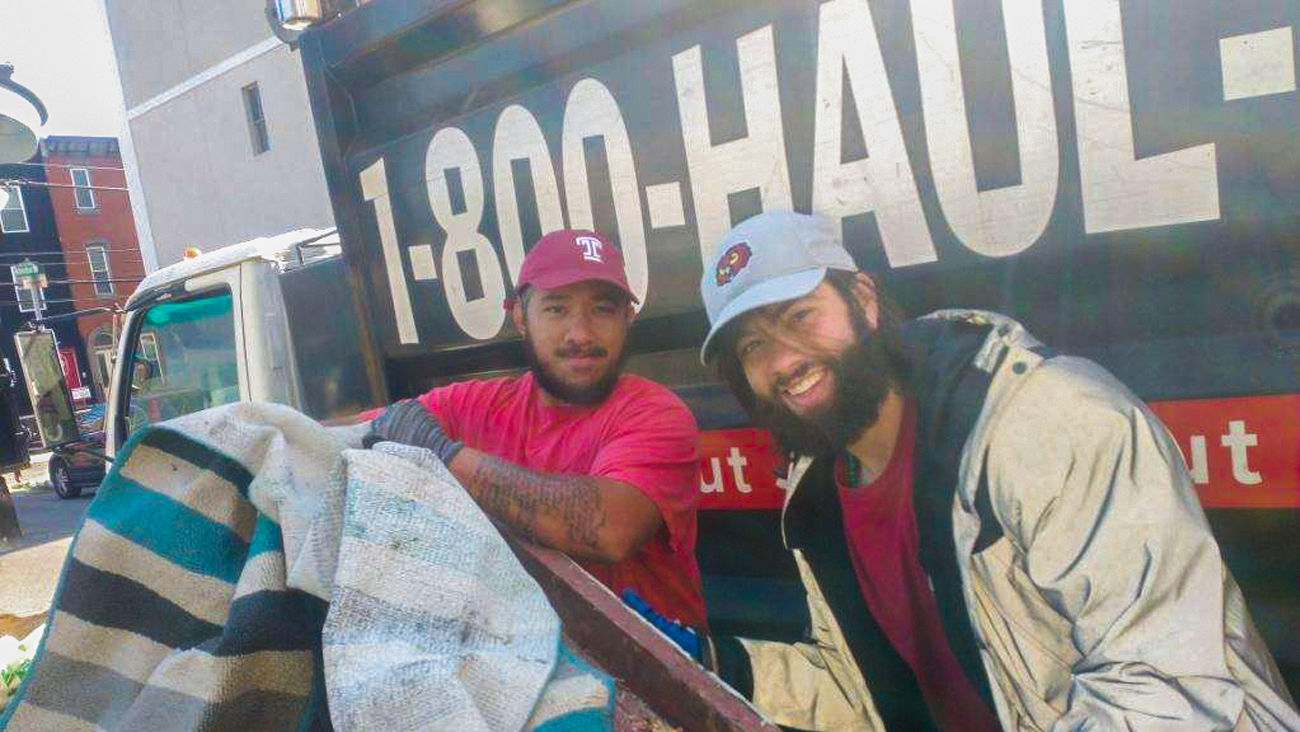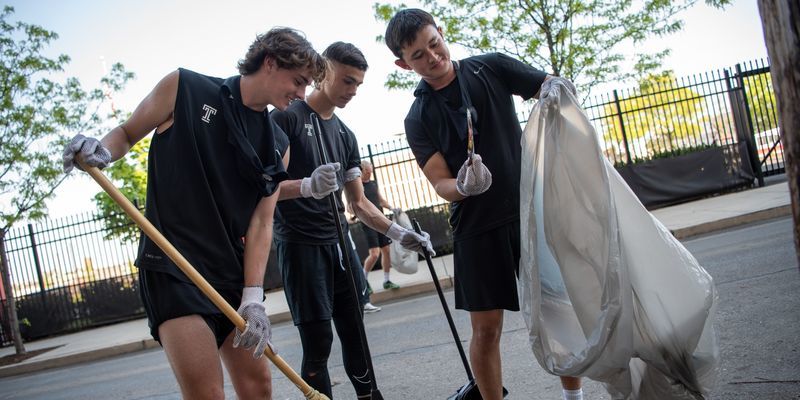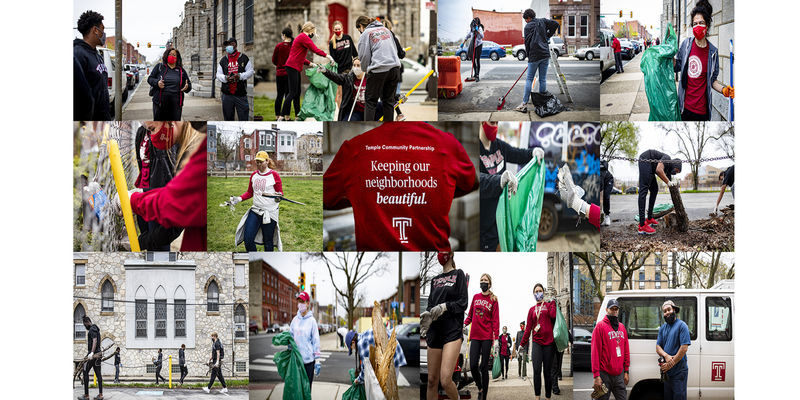As off-campus students prepare to move out, Temple University launches a free off-campus trash collection program
Temple University has launched TUmove, a free trash collection program for students to schedule a pickup of bulk trash items when moving out of their off-campus residences.

This past May, Temple University launched a pilot of TUmove, a new, free off-campus trash collection program designed to help students during move-out. The goal is to prevent trash and unwanted furniture from accumulating on the streets and sidewalks when students’ leases traditionally end.
The program will continue through this summer, beginning July 17 and continuing through Aug. 28. To be eligible for the program, participants must be a Temple student as of spring 2023, plan to move out of their off-campus housing between July 17–Aug. 28 and live in off-campus housing within the Temple patrol zone (Susquehanna Avenue on the north to Jefferson Street on the south, except for 13th to Broad streets, where the southern boundary is Girard Avenue. The western border is 18th Street, and the patrol area extends east to 9th Street).Students can schedule a pickup for trash or any bulk material Monday through Friday, 8 a.m. to 3 p.m. Reservations for an appointment can be made up to 48 hours in advance of the move-out date. Students will receive an email or text message, and a calendar invite confirming a pickup time.
The new program is the brainchild of Mark Gottlieb, senior associate director of operations and logistics, and Farrah Al-Mansoor, senior director of finance and administration. Due to the critical mass of trash left last year during move-out, Gottlieb felt it would be more effective to create an on-demand type of trash collection service for students.
“If we have students contact us for trash pickup appointments, it helps identify those areas where trash tends to pile up and there is a need for trash collection,” Gottlieb said. “It makes it more palatable to the neighborhood and shows we’re trying to be a good neighbor.”
In prior years, Temple had placed dumpsters in various locations in the neighborhood for students living off campus during move-out. However, his team collected more than 200 tons of material dumped on streets and out of overflowing dumpsters last year.
This spring, Temple Service Operations sprang into action with the pilot program of TUmove, scheduling trash pickups for a two-week window that began after Commencement and ran until Memorial Day weekend. They found success by allowing students to schedule pickups directly online in addition to providing dumpsters.
This year, Gottlieb is hopeful that the benefits of TUmove will keep the neighborhood’s streets cleaner by helping students save time from having to transport bulk items to disposal sites themselves.
In addition to TUmove, the North Central Special Services District and their partner One Day at a Time, continue to support Temple’s efforts to mitigate off-campus housing trash during the move out period and throughout the academic year with weekly street cleaning Monday through Thursday.
Temple’s Office of Community Affairs and Engagement and Department of Public Safety also play vital roles as liaisons between Temple University and its neighbors by notifying Temple of “hot spots” where cleaning needs to be addressed immediately and advising neighbors how to contact city services when necessary.
“The university is being responsive to student needs, but also, the neighbors can see that Temple is proactively taking care of what was once a problem,” he said. “It is a powerful message that we are sending to those around us that we care about our neighbors and keeping the neighborhood clean.
“Temple lives here too, so we are now showing our pride and care for those around us in conducting this program,” Gottlieb added.


